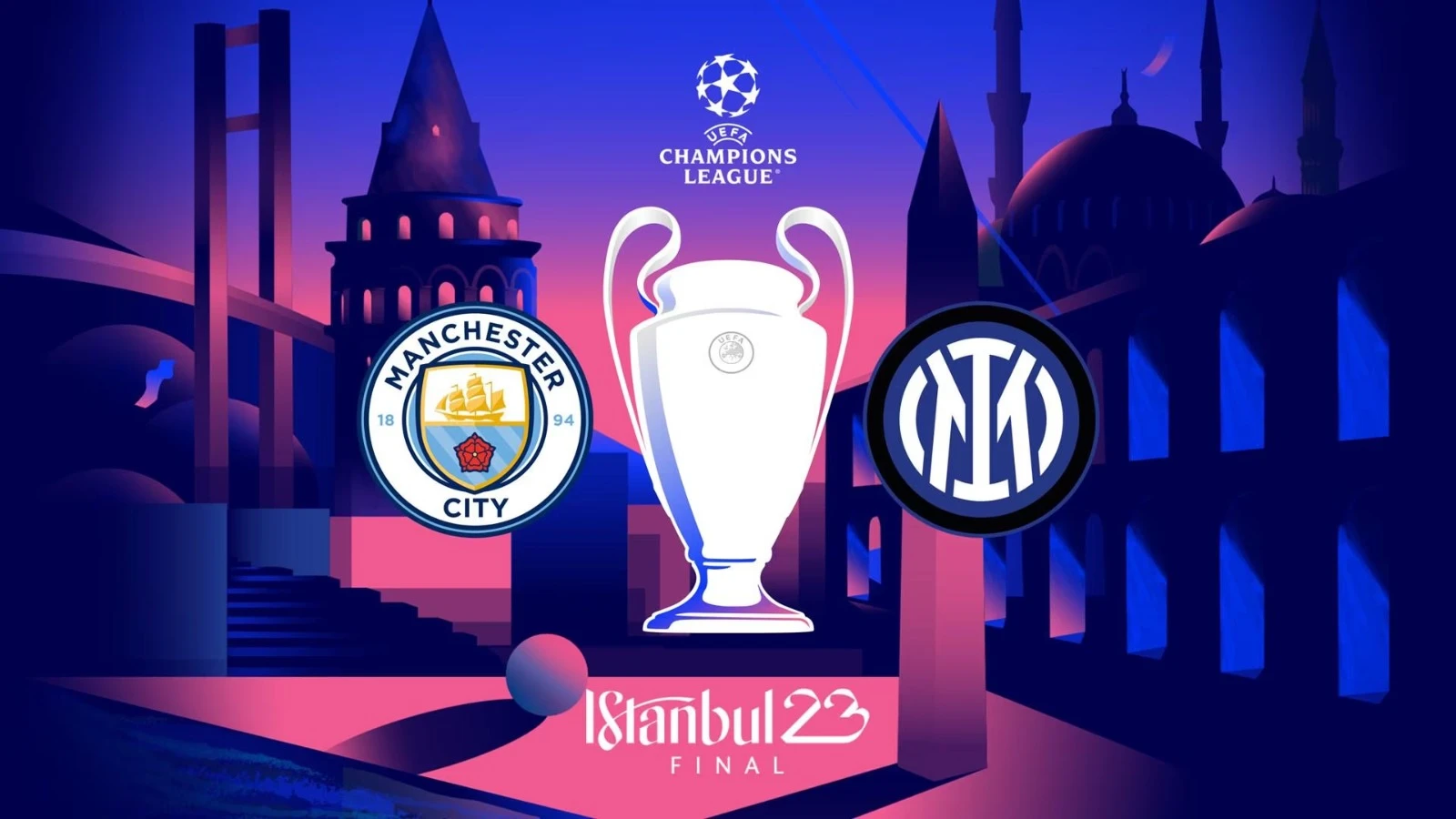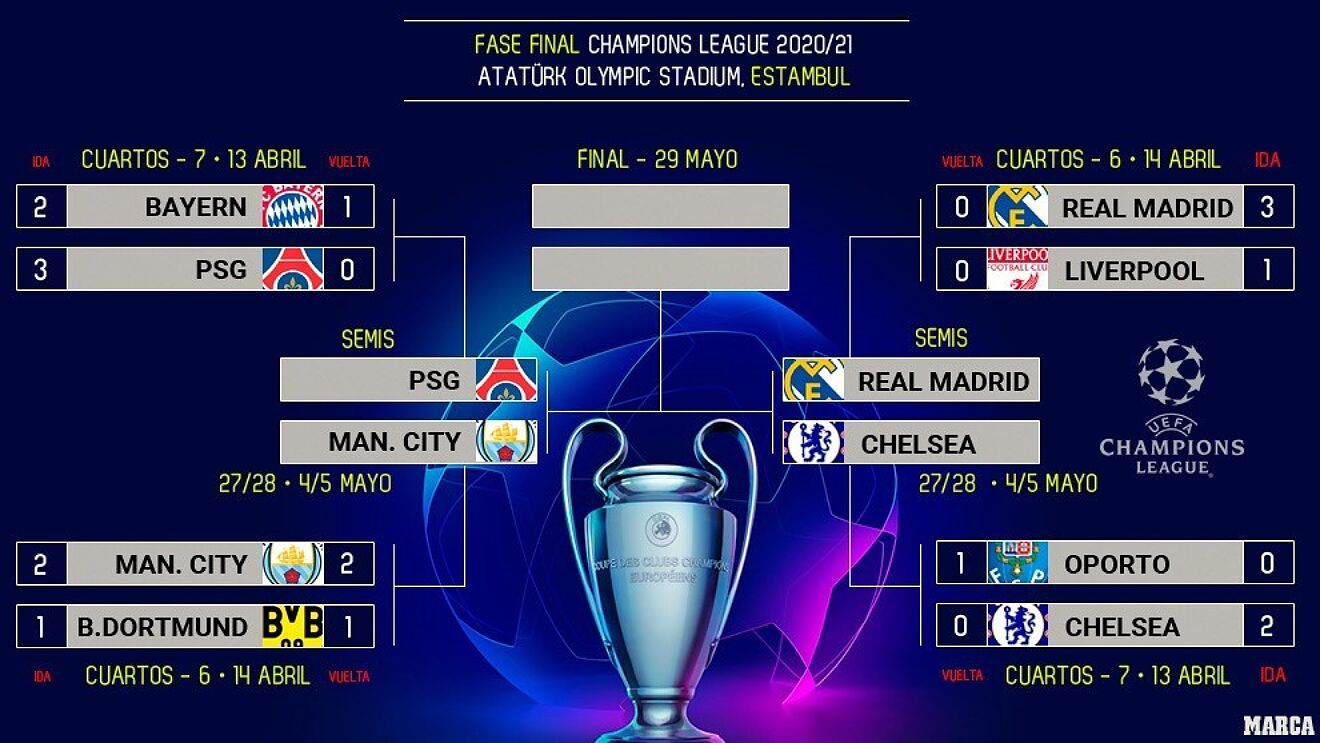Historical Highlights: Champions League Finals

The UEFA Champions League, a prestigious club competition in European football, boasts a rich history spanning over six decades. Its predecessor, the European Cup, was first contested in 1955, with Real Madrid emerging as the inaugural winners. Since then, the tournament has undergone several format changes, evolving from a knockout competition to a group stage format with a knockout phase.
The evolution of the tournament format has significantly impacted the level of competition. The introduction of the group stage in the 1990s expanded the number of participating teams, providing more opportunities for clubs from different countries to compete. This format change also led to a more competitive and unpredictable knockout phase, as teams from smaller leagues gained a chance to challenge the established powerhouses.
Among the many memorable Champions League finals, the 1960 final between Real Madrid and Eintracht Frankfurt stands out as a classic. Real Madrid, led by legendary Alfredo Di Stefano, secured a 7-3 victory, showcasing their dominance in the early years of the competition. Another iconic final was the 1999 match between Manchester United and Bayern Munich. United staged a dramatic late comeback, scoring two goals in injury time to secure a remarkable 2-1 victory. These matches have etched themselves into the annals of football history, demonstrating the captivating nature of the Champions League and its ability to produce unforgettable moments.
Team Performances and Rivalries

Champions league finals – The UEFA Champions League has witnessed some of the most iconic teams and rivalries in football history. Over the years, certain clubs have established themselves as dominant forces, consistently reaching the latter stages and lifting the coveted trophy.
One of the most successful teams in Champions League history is Real Madrid. The Spanish giants have won a record 14 titles, showcasing their unwavering dominance and unmatched pedigree. Their success is built upon a foundation of attacking flair, relentless determination, and a rich tradition of producing world-class players.
Historic Rivalries
The Champions League has also been a stage for some of the most intense and memorable rivalries in football. Matches between Real Madrid and Barcelona, known as “El Clasico,” have captivated audiences worldwide with their high stakes, thrilling encounters, and exceptional individual performances.
Another classic rivalry is that between Bayern Munich and Manchester United. These two European powerhouses have faced off in several memorable matches, often showcasing contrasting styles of play. Bayern’s dominance in possession and attacking prowess have been matched by Manchester United’s resilience, tactical nous, and ability to produce unexpected results.
Statistical Comparisons
To further analyze team performances, we can examine statistical comparisons. Real Madrid holds the record for the most goals scored in a single Champions League season (141 in 2013-14). They also boast the highest average goals per game (2.87) among teams with at least 100 matches played.
In terms of clean sheets, Juventus holds the record for the most in a single season (9 in 2016-17). Manchester City has the highest clean sheet percentage (63.6%) among teams with at least 50 matches played.
Possession statistics provide insights into each team’s approach to the game. Barcelona has the highest average possession percentage (63.9%) among teams with at least 100 matches played, demonstrating their commitment to controlling the tempo and dictating the flow of the match.
Cultural and Social Impact

The Champions League has transcended its sporting roots to become a global cultural phenomenon. Its allure captivates fans across continents, fostering a shared passion for football and fostering a sense of community.
The tournament has played a pivotal role in promoting football worldwide. Its exposure to a global audience has inspired aspiring players and ignited a passion for the sport in new regions. The success of teams from various countries has broken down geographical barriers, creating a truly international footballing landscape.
Cultural Significance
The Champions League has become an integral part of the cultural fabric of many communities. Match days are often celebrated with communal gatherings, parades, and festivities. The tournament has fostered a sense of identity and belonging among fan bases, uniting people from diverse backgrounds in their shared love for the game.
The Champions League has also had a profound impact on local economies. Host cities experience a surge in tourism, hospitality, and merchandise sales during match days. The tournament has also been a catalyst for urban regeneration, with stadiums and infrastructure being upgraded to accommodate the influx of fans.
Commercial Aspects, Champions league finals
The Champions League is a commercial juggernaut, generating billions of dollars in revenue through sponsorship deals and broadcasting rights. The tournament has attracted some of the world’s largest brands, who seek to associate themselves with its prestige and global reach.
The broadcasting rights for the Champions League are fiercely contested, with major networks and streaming services vying for the privilege of showcasing the tournament to their audiences. The sale of these rights has become a significant source of income for UEFA, which uses the funds to support football development at all levels.